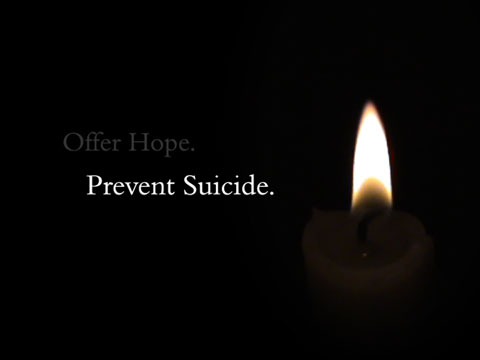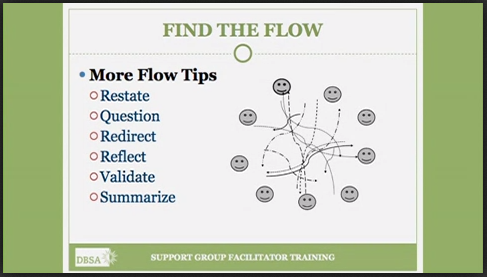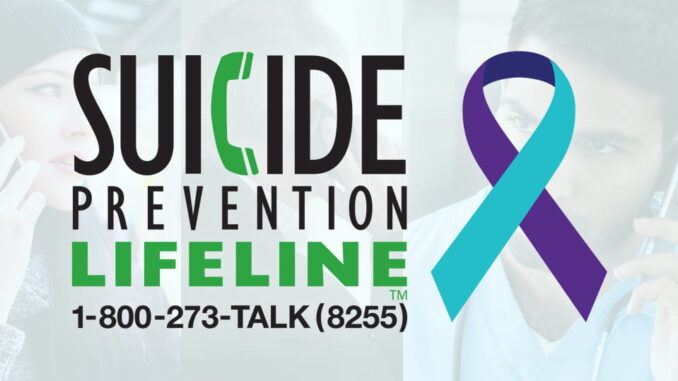
About DBSA Support Groups
About DBSA Support Groups

About DBSA Support Groups

More than 20 million American adults live with depression, or an estimated 10% of the U.S. population. 2.3 million live with bipolar disorder. If you’re suffering from bipolar disorder or depression, you’re simply not alone. In women ages 40-59, 1 in 4 are now taking antidepressants.
So what can you do? One key tool with remarkable efficacy are support groups, and there’s a real science behind this. It is a means to deal with a largely genetic condition by creating an environment that changes gene expression. […]


Handbook for Recovery After a Suicide Attempt […]


Suicidal people suffer from inner turmoil that leaves them feeling isolated and hopeless. Many people who struggle with suicidal tendencies fail to seek the help they so desperately need. The majority of suicidal people do not want to die; they just want to stop the pain. Suicide prevention starts with the sufferer recognizing the warning signs and admitting that they have a problem. Family and friends should also pay close attention to these warning signs to ensure the sufferer finds the help they need. Simply talking about suicidal thoughts and feelings can help save a life. […]


1. What is said here stays here. This is the essential principle of confidentiality and must be respected by all. Raise your hand and wait your turn to be called upon. No one person should […]

DBSA support groups are not required to operate according to a rigidly prescribed formula. The sample meeting format shown here incorporates the elements used by many of our groups and is intended as a guide. […]

You don’t have to feel this way. There is help. You can cope with suicidal feelings and thoughts. They are not your fault and they do not have to continue. Don’t give in. Don’t lose hope. There is help. Call (800) 442-HOPE. […]